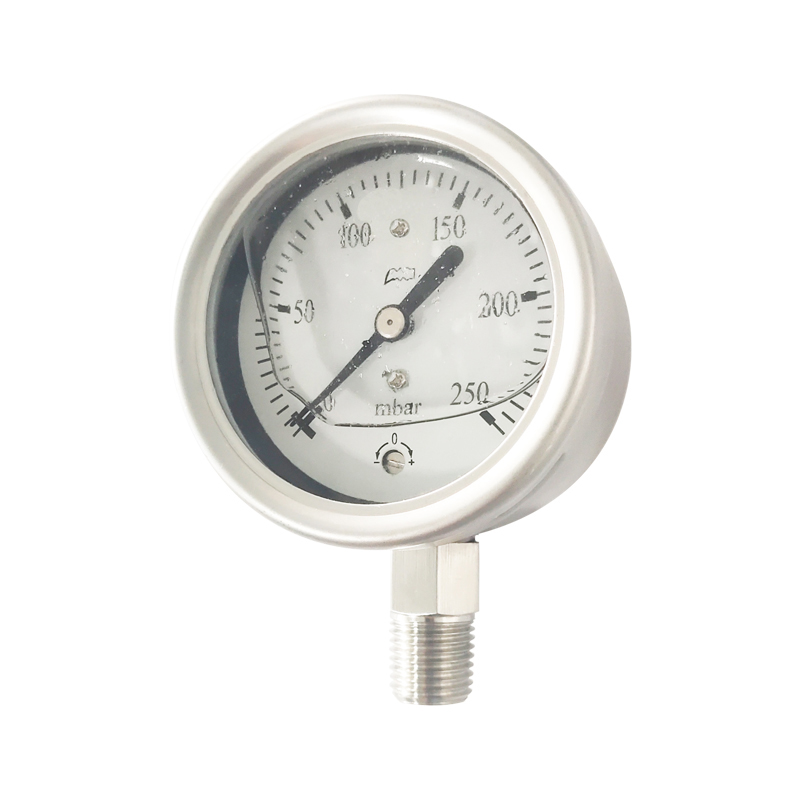
8월 . 13, 2024 01:44 Back to list
Understanding the Pressure Gauge Functionality of CO2 Fire Extinguishers for Optimal Safety Management
Understanding the CO2 Fire Extinguisher Pressure Gauge
Fire safety is an essential aspect of any environment, whether it be residential, commercial, or industrial. Among the various tools used to combat fire, the carbon dioxide (CO2) fire extinguisher stands out for its effectiveness in suppressing fires involving flammable liquids and electrical equipment. One critical component of these extinguishers is the pressure gauge, which provides important information about the condition and usability of the fire extinguisher.
What is a CO2 Fire Extinguisher?
A CO2 fire extinguisher is a type of fire suppression device that utilizes carbon dioxide gas to extinguish fires. Unlike water-based extinguishers, CO2 extinguishers do not leave any residue, making them ideal for use on electrical fires, in chemical laboratories, and in kitchens with flammable liquids. The principle behind CO2 extinguishers lies in the gas's ability to displace oxygen, thus suffocating the fire.
The Importance of the Pressure Gauge
The pressure gauge on a CO2 fire extinguisher is a crucial feature that indicates whether the extinguisher is charged and ready for use. These gauges typically employ a color-coded system to show the pressure level green indicates the extinguisher is fully charged, red signifies it is discharged, and yellow means it is undercharged. Regular inspection of the pressure gauge is essential to ensure that the extinguisher is functional and safe to use during an emergency.
How to Read the Pressure Gauge
co2 fire extinguisher pressure gauge factory

Reading the pressure gauge on a CO2 extinguisher is straightforward. Most extinguishers are equipped with a simple dial that displays pressure in PSI (pounds per square inch) or bar. It’s important to familiarize oneself with the specific type of gauge your extinguisher uses. Generally, the needle of the gauge should point to the green zone if the extinguisher is properly charged. If the needle is in the red zone, the extinguisher should be replaced or recharged immediately.
Maintenance and Testing
Routine maintenance of CO2 fire extinguishers is vital for ensuring their reliability. This includes checking the pressure gauge monthly, inspecting the nozzle for any obstructions, and ensuring that the extinguisher is free from any physical damage. Additionally, it is recommended to have professional inspections and servicing at least once a year. This ensures that the CO2 fire extinguisher will perform effectively in emergency situations.
Common Issues and Solutions
One common issue with CO2 extinguishers is the inadvertent discharge of gas, which can lead to a drop in gauge pressure. If the pressure gauge indicates low pressure, it’s possible that the extinguisher has been over-pressurized or that there has been a leak. In such cases, it is crucial to have the extinguisher serviced or replaced by a qualified technician.
Conclusion
Understanding the function and importance of the pressure gauge on a CO2 fire extinguisher is imperative for maintaining fire safety in any environment. By regularly checking the gauge and performing necessary maintenance, individuals and organizations can ensure that they are prepared for any potential fire emergencies. Ultimately, a well-maintained CO2 fire extinguisher can be a vital tool in protecting lives and property from the devastating effects of fire. Always remember that when it comes to fire safety, prevention and preparation are key.
-
High-Precision 5 Valve Manifold Differential Pressure Gauge Suppliers
NewsApr.29,2025
-
High-Precision Diaphragm Vacuum Pressure Gauges Manufacturers & Quotes
NewsApr.29,2025
-
Omega Differential Pressure Gauges High Accuracy & Durability
NewsApr.28,2025
-
Low Pressure Differential Pressure Gauges Precision Solutions & Quotes
NewsApr.28,2025
-
Digital Diaphragm Pressure Gaauge Precision Measurement & OEM Quotes
NewsApr.28,2025
-
Differential Pressure Gauge China Price High-Accuracy & Best Quotes
NewsApr.28,2025
